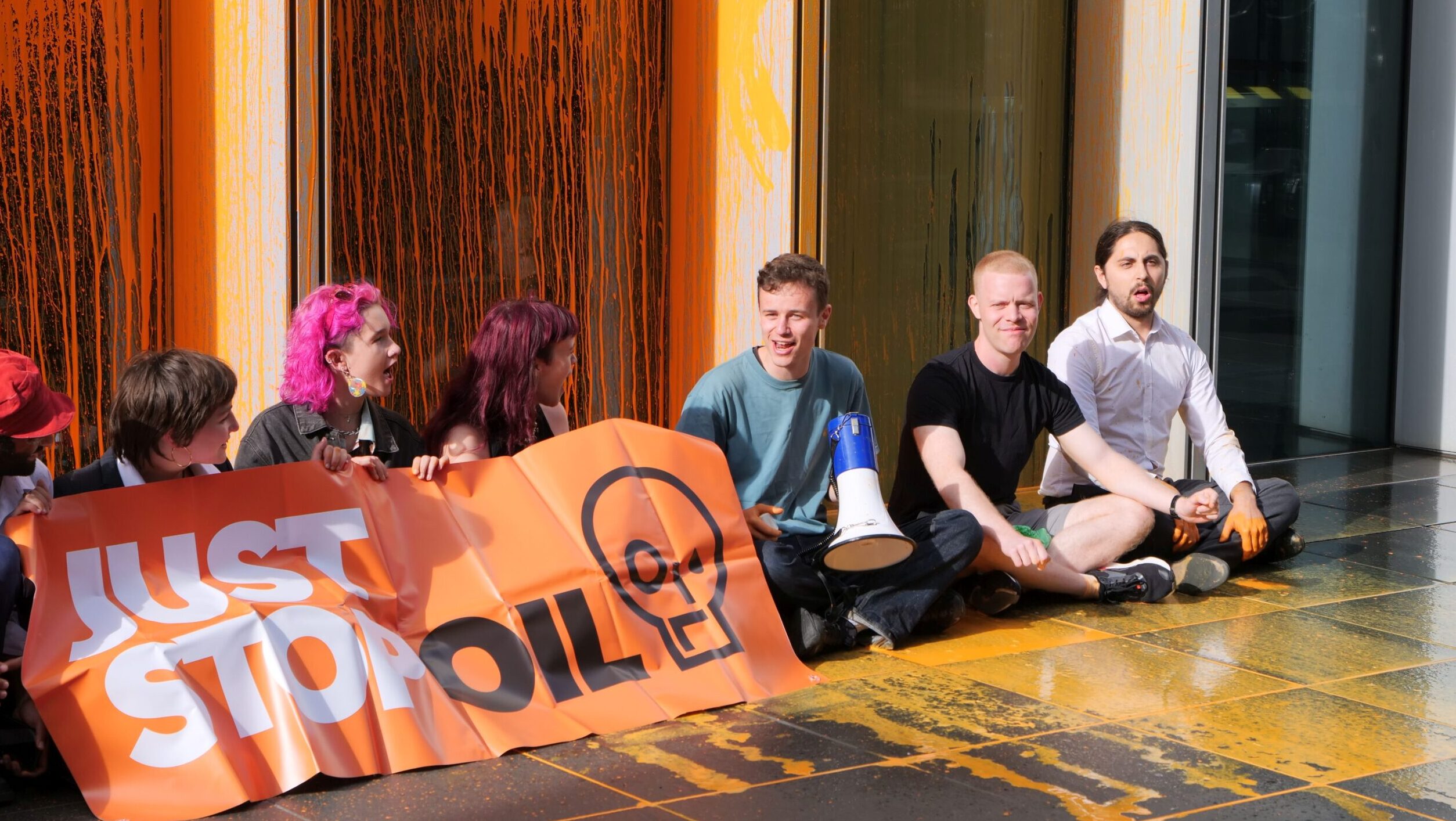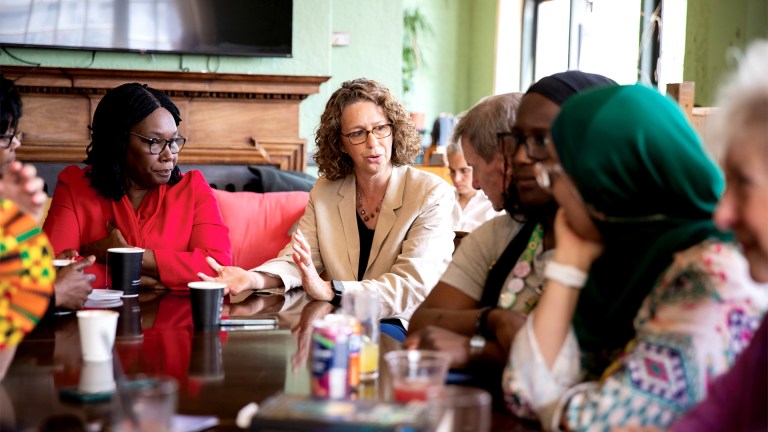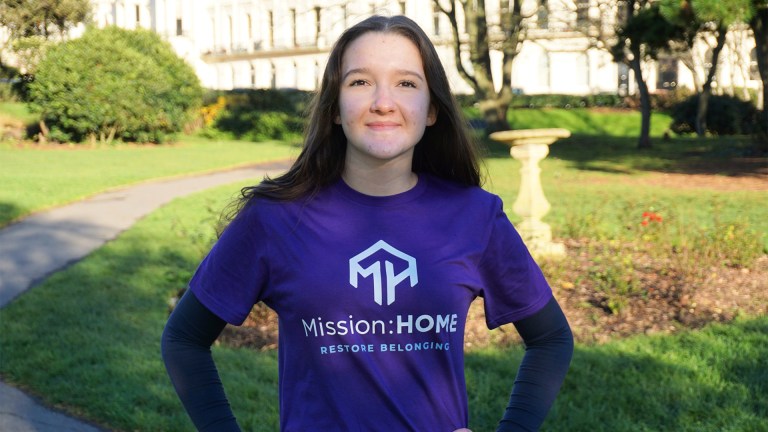Among the reactions were accusations of threatening a marginalised community and insulting LGBTQ+ people. However, others pointed out the roots of pride as a protest.
Cleo Madeleine, a spokesperson for Gendered Intelligence, said: “Pride started as a protest. It’s a time to celebrate, love one another, and let our hair down in spite of the troubles that face us, but we mustn’t lose sight of the spirit of uprising at its heart.
“The queer community is a very broad church and opinions of Pride in London and Just Stop Oil are as varied as they are strongly held. Whatever our position, let’s work to make Pride a space for protest – even radical protest – and not let our differences erode the solidarity that empowers us all.”
In a statement, the Just Stop Oil said polluting corporations and banks “see Pride as a useful vehicle for sanitising their reputations, waving rainbow flags in one hand whilst accelerating social collapse with the other.”
They added that LGBTQ+ people were being harmed by the climate crisis and said: “It is queer people, and particularly queer people of colour in the global south, who are suffering first in this accelerating social breakdown.
However, despite saying they had not heard from Pride’s organisers since posting their demands, Just Stop Oil did not confirm to The Big Issue whether they would be disrupting the event.
Advertising helps fund Big Issue’s mission to end poverty
They added: “If London Pride fails to take these basic steps necessary to protect our community, we will have to consider potential escalations which may result in the disruption of Pride. We will also call for the entire LGBTQ+ community to join us in protest and boycott – for the safety of LGBTQ+ people everywhere.”
Get the latest news and insight into how the Big Issue magazine is made by signing up for the Inside Big Issue newsletter
Pride in London has had a controversial recent history – its entire advisory board quit in 2021 over a “hostile environment” for volunteers of colour, and Stonewall pulled out of the event in 2018 over a lack of diversity.
Activist Peter Tatchell, who marched in the UK’s first pride march in 1972, said last year the event had become “overly corporate”.
While corporate involvement in Pride events has long been criticised as empty, there is a growing global anti-LGBT+ backlash against companies’ Pride campaigns. In the US, a Bud Light campaign featuring trans influencer Dylan Mulvaney led to a boycott of the beer.
Organisers said this year’s event focused on the trans community and added: “We call on all individuals, groups and organisations to give this space the respect and focus it deserves in an increasingly hostile and unsafe world.”
Advertising helps fund Big Issue’s mission to end poverty
A spokesperson for Pride in London also said: “The safety of others is paramount to Pride in London. This year we are highlighting trans+ joy, ensuring that the community knows that with us, they #NeverMarchAlone.
“Pride in London is tomorrow, celebrating and protesting for visibility, unity and equality for all LGBT+ people everywhere. All are welcome to attend and mark Pride with the other 1.5 million attendees. Our first priority is the safety of our diverse cohort of volunteers, participants including representatives from across the globe. We welcome dialogue with Just Stop Oil after the event and wish everyone a safe and happy Pride.“









